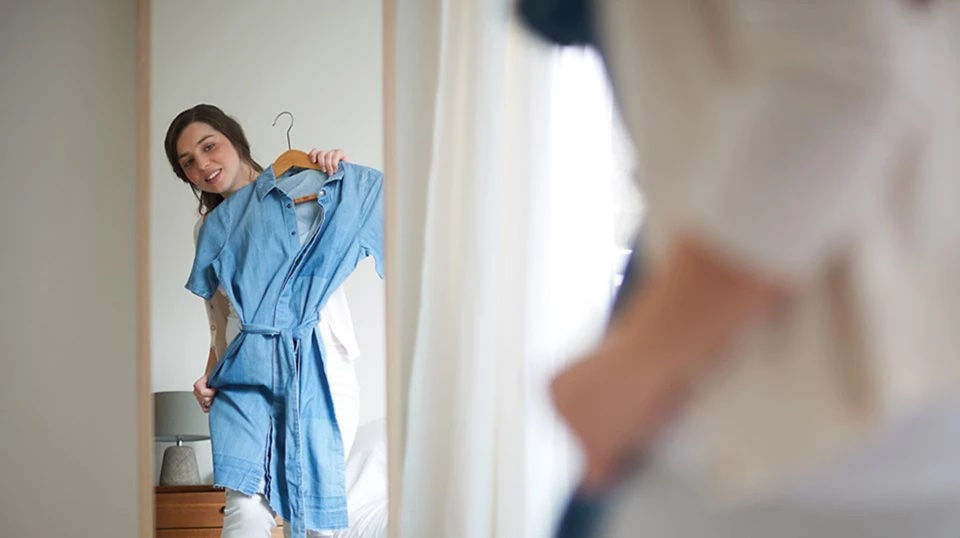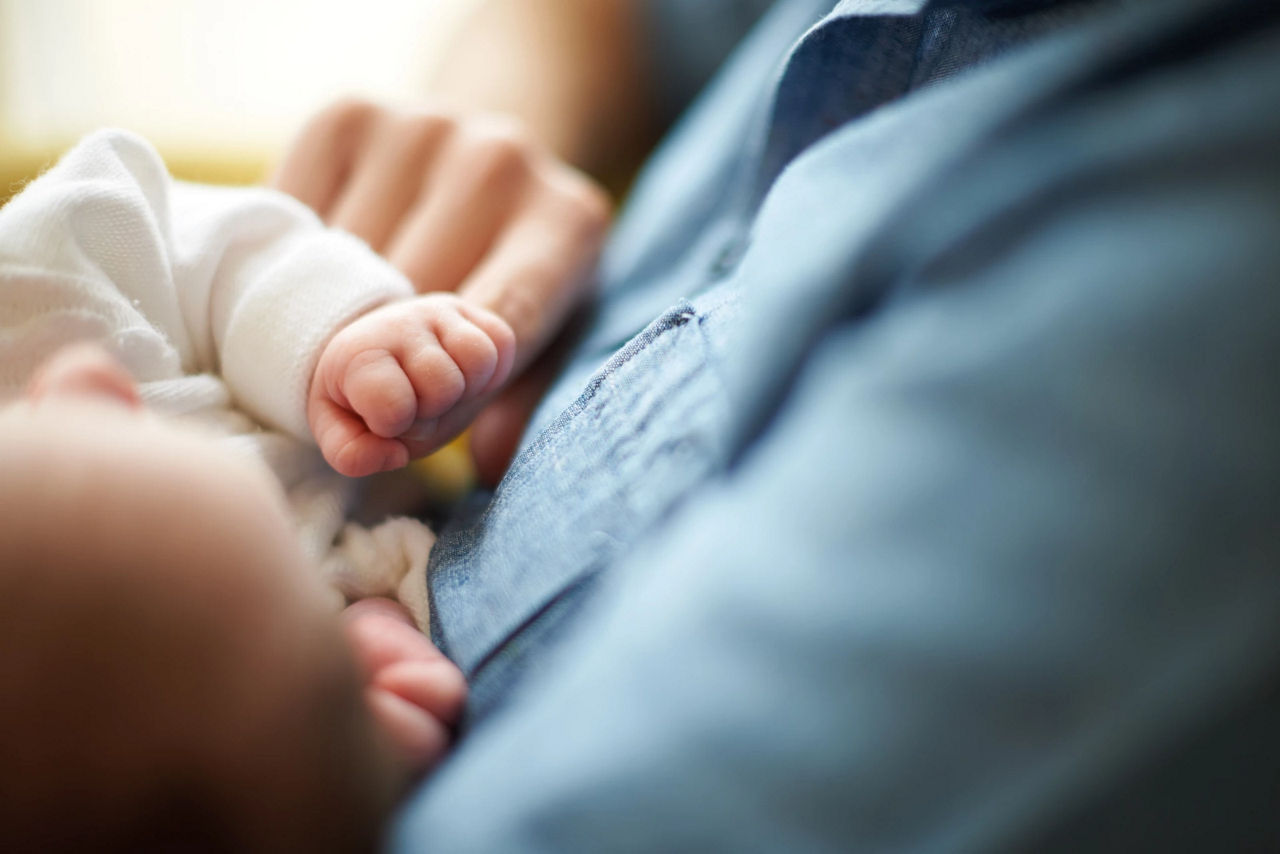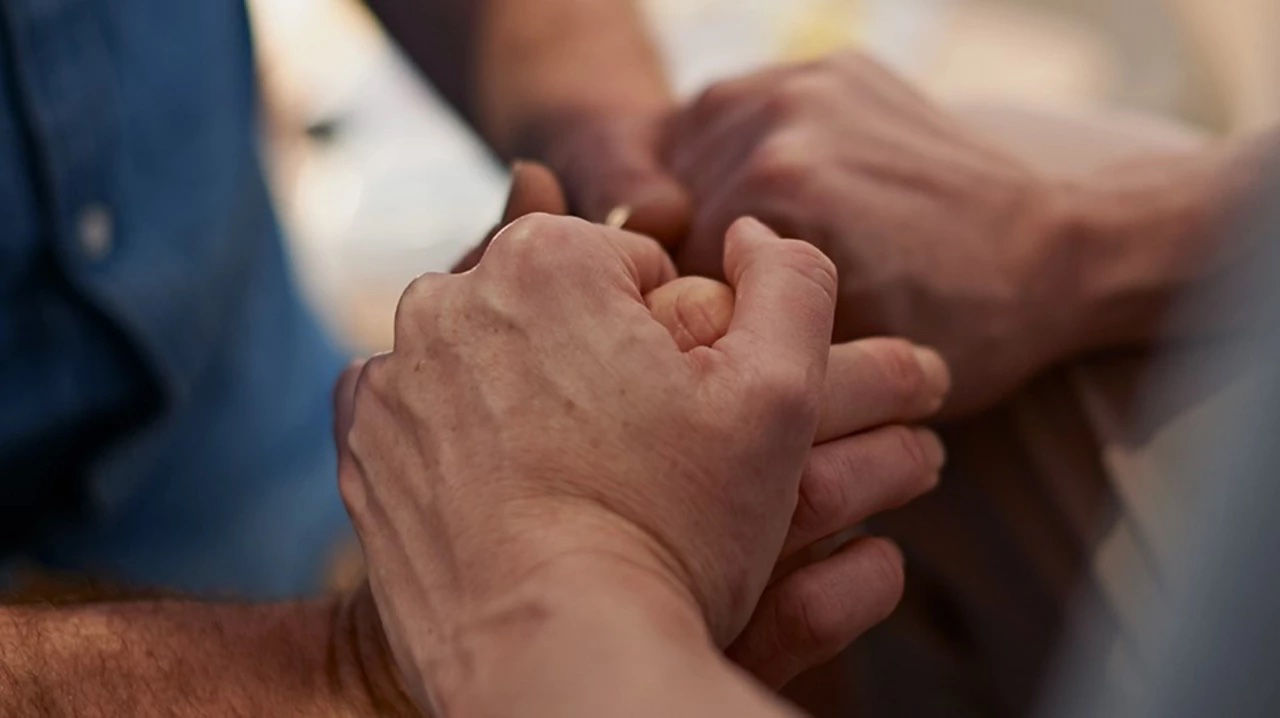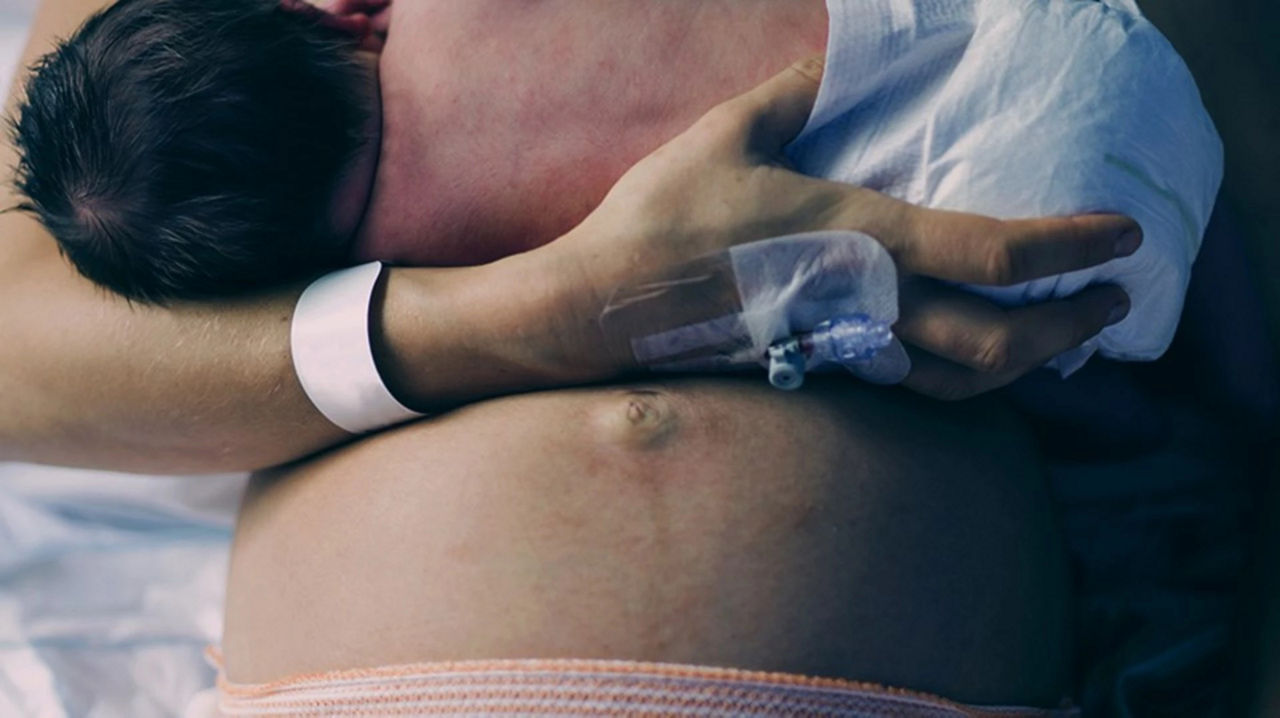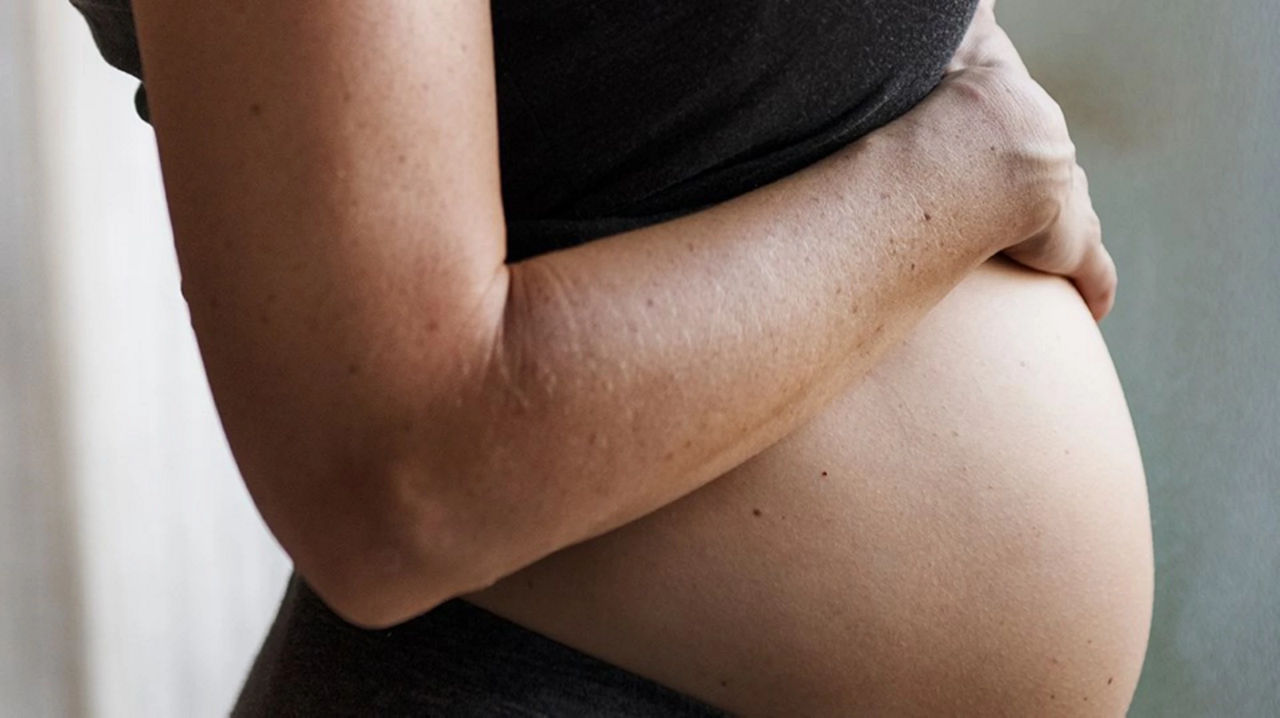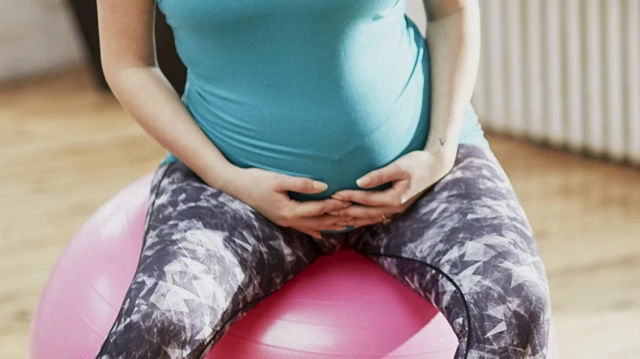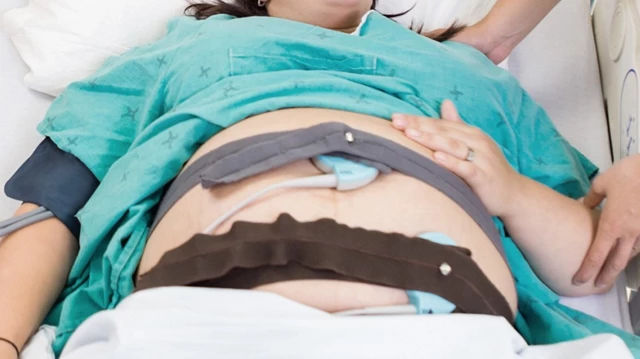Body talk
Preparing yourself for post-birth changes
Being pregnant and giving birth can both have a huge impact on you physically and emotionally. It can take time for you to get your energy back and feel ‘normal’ again. To help you be more prepared, find out about some of the things you may experience.

